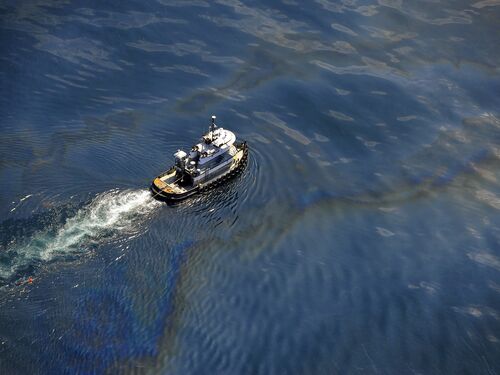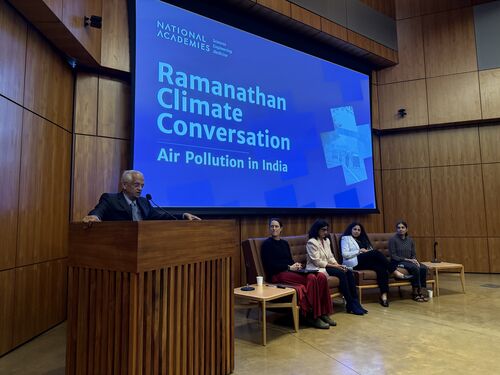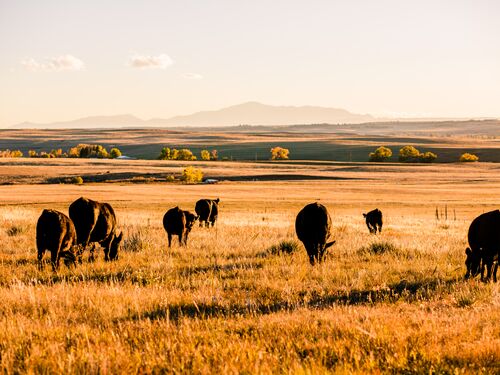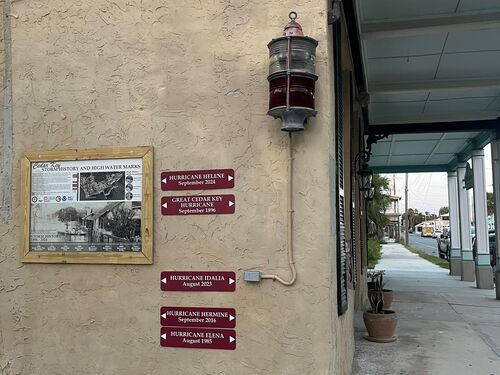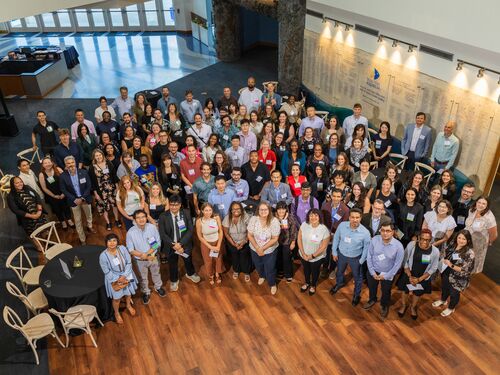Bridging the Gulfs: GRP Hosts First Gulf-Alaska Knowledge Exchange Around Oil Spill Impacts
Program News
By Maeghan Klinker
Last update October 28, 2024
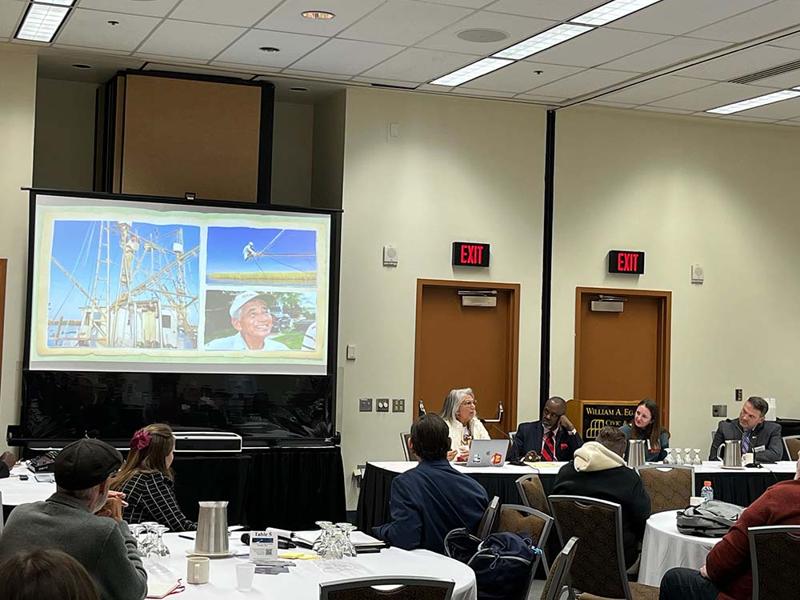
On October 8 and 9, a small conference room in Anchorage, Alaska, slowly filled with people. The tourist season had ended and the downtown was slowing to its off-season rhythms, but the energy in the room was high.
About 120 people hailing from the Gulf States and Alaska had gathered in person and online to connect around preparedness, response, and recovery to oil spill disasters. Lively discussions took place as participants considered ways to increase proactive preparedness and strategies to build community capacity in these regions. Many speakers and participants shared emotional personal stories of how their families and communities had been affected by oil spills and how those effects continue to impact their personal and professional lives.
On March 24, 1989, the oil tanker Exxon Valdez ran aground in Alaska and spilled 11 million gallons of oil into Prince William Sound. The spill affected more than 1,300 miles of shoreline and resulted in significant detrimental impacts for communities and the environment.
Twenty-three years later, on April 20, 2010, the oil drilling rig Deepwater Horizon, operating in the Macondo Prospect in the Gulf of Mexico, exploded, killing 11 workers on the rig and resulting in the largest oil spill in U.S. history — 134 million gallons of oil spilled from the damaged Macondo well over an 87-day period, affecting shorelines across all five Gulf States. The Gulf Research Program (GRP) of the National Academies of Sciences, Engineering, and Medicine was created from ensuing criminal settlement funds to help develop, translate, and apply science, engineering, and medical knowledge to enhance offshore energy safety, environmental protection and stewardship, and human health and community resilience in the Gulf region.
These two spills resulted in significant and long-lasting environmental, economic, and societal impacts for both regions. In recognition of this shared history, the GRP organized a workshop series to bring together representatives from each region to share their experiences, knowledge, and best practices with the aim of helping communities prevent, prepare for, and recover from potential future oil spills.
In her opening remarks, Donna Schantz, executive director of the Prince William Sound Regional Citizens’ Advisory Council, noted that, “The scars that are left from these spills can never be erased, but there can be healing.”
Both the Gulf of Mexico and Alaska are home to many remote communities, accessible in some cases only by boat or plane and which often rely on subsistence fishing and hunting. These communities were particularly hard hit by the effects of the oil spills. Speakers representing scientific organizations, communities, agencies, and tribes all shared valuable perspectives on the multifaceted way oil spills and their subsequent response efforts impacted these regions.
Community members attending the workshop shared poignant personal stories, such as being part of the Valdez blockade of fishing vessels to protest the spill and obtain funding for research and restoration. Participants from the Gulf South shared the fear and uncertainty they experienced when their fishing communities could no longer trust the safety of the seafood that they were reliant on and which they had fished for their whole lives. Participants from both regions voiced concerns around the mental health impacts of the oil spills that have persisted for generations.
During roundtable discussions, participants covered topics such as:
How can communication between those managing the spill and the general public be improved, including the Incident Command System?
What types of local training and capacity building exercises would be effective in bolstering community preparedness? Who should be carrying these out?
How can long-term recovery be used to build back better and transform communities to better deal with future challenges, like climate change?
Afterward, the groups reported highlights from their discussions, such as the importance of preventing spills in the first place, as the most essential element of proactive preparedness; the importance of involving communities at every stage of disaster response; and the need for consistent training and capacity building to help communities know what to expect during recovery efforts.
“The discussions that came out of these sessions were really inspiring,” said Jennifer Cohen, senior program officer for the Gulf Research Program. “We’re looking forward to continuing to build relationships between Gulf and Alaska communities in the subsequent workshops and are excited to see what comes of those connections.”
The second workshop in this series will be held in Thibodaux, Louisiana, in December followed by a final workshop to be held in Washington, D.C., in early 2025. Visit our website to learn more about the Gulf-Alaska Knowledge Exchange workshop series.
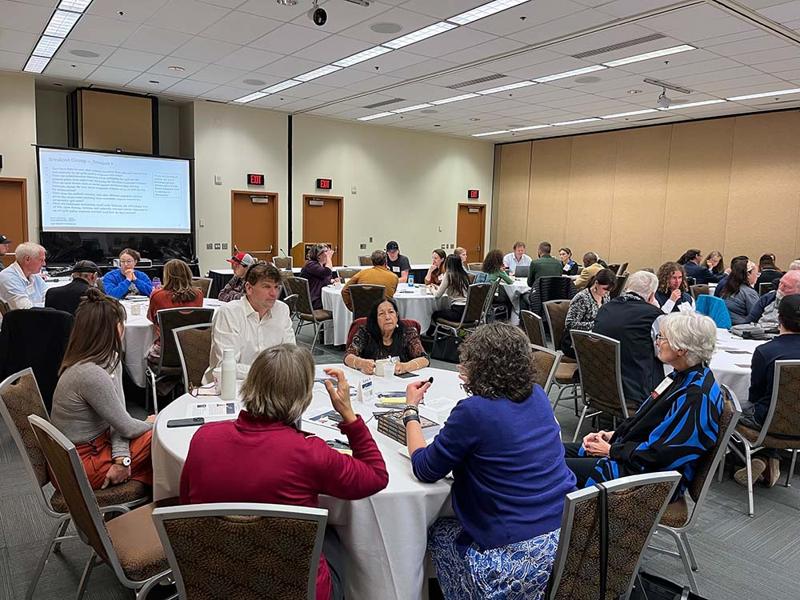
Afterward, the groups reported highlights from their discussions, such as the importance of preventing spills in the first place, as the most essential element of proactive preparedness; the importance of involving communities at every stage of disaster response; and the need for consistent training and capacity building to help communities know what to expect during recovery efforts.
“The discussions that came out of these sessions were really inspiring,” said Jennifer Cohen, senior program officer for the Gulf Research Program. “We’re looking forward to continuing to build relationships between Gulf and Alaska communities in the subsequent workshops and are excited to see what comes of those connections.”
The second workshop in this series will be held in Thibodaux, Louisiana, in December followed by a final workshop to be held in Washington, D.C., in early 2025. Visit our website to learn more about the Gulf-Alaska Knowledge Exchange workshop series.
More like this
Discover
Events
Right Now & Next Up
Stay in the loop with can’t-miss sessions, live events, and activities happening over the next two days.
NAS Building Guided Tours Available!
Participate in a one-hour guided tour of the historic National Academy of Sciences building, highlighting its distinctive architecture, renowned artwork, and the intersection of art, science, and culture.
